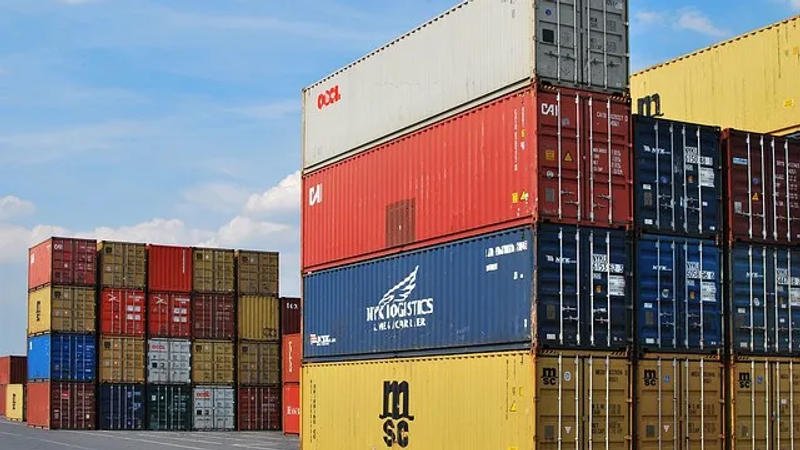Published 17:29 IST, January 21st 2025
India Likely to Retaliate if US Imposes Higher Tariffs on Indian Goods: Experts
The US, India’s top trade partner, may impose tariffs and stricter visa rules under Trump’s "America First" agenda.

Indian exporters may face the brunt of elevated US customs duties on products like automobiles, textiles, and pharmaceuticals if the American government advances its protectionist policies under President Donald Trump’s leadership. Trade analysts suggest that India must respond with equivalent measures to safeguard its economic interests.
Ajay Srivastava, founder of the Global Trade Research Initiative (GTRI), stressed that India has previously demonstrated its ability to respond effectively to US trade actions. "When the US imposed tariffs on Indian steel and aluminum in 2018, India countered by increasing duties on 29 American products. This balanced approach showcased India's capacity to protect its trade interests," Srivastava explained.
The US remains India's largest trading partner, with bilateral trade surpassing $190 billion annually. However, President Trump’s "America First" agenda poses challenges for Indian exporters, who might face higher tariffs and tightened visa regulations impacting sectors like IT, where the US contributes over 80% of India's export earnings.
Trade expert Abhijit Das recommended that India adopt a firm stance if the US enforces additional tariffs. "Retaliatory measures will strengthen India’s negotiating position and help counter illegal trade actions. It’s important to address these issues systematically while highlighting the unjustified nature of such tariffs," Das said.
In 2020, President Trump labelled India as the "tariff king," citing high duties on American goods. However, according to WTO data, the U.S. also imposes steep tariffs on several products, such as dairy (188%), cereals (193%), and minerals (187%). Experts argue this undermines Trump's criticism of India’s trade practices.
Stakeholder engagement needed
Biswajit Dhar, an international trade analyst, suggested that any response from India should involve broad consultation with exporters and industry representatives. “India has always favoured dialogue over unilateral actions. However, if discussions fail, proportionate measures are necessary to safeguard our trade interests,” Dhar stated.
Opportunities amidst challenges
Despite concerns, some exporters believe there is potential for stronger trade ties between the two nations. Federation of Indian Export Organisations (FIEO) President Ashwani Kumar opined that many US companies are looking to invest in India, which could deter Washington from imposing restrictive duties.
Additionally, higher US tariffs on Chinese goods could create opportunities for Indian exporters to fill the gap in the American market. India’s exports to the US grew at a compounded annual growth rate (CAGR) of 10.48% between 2001 and 2023, reflecting the deepening economic integration between the two countries.
Strengthened trade frameworks
India and the US have built a robust trade relationship through agreements like the Indo-Pacific Economic Framework for Prosperity (IPEF). In 2023-24, Indian exports to the US reached $77.51 billion, with imports totaling $42.2 billion. Between April and December of the current fiscal year, exports grew by 5.57%, while imports rose by 2%.
Experts conclude that while challenges persist, India must maintain a balanced yet assertive approach to protect its economic interests while exploring new opportunities for trade expansion.
(With PTI Inputs)
Updated 17:29 IST, January 21st 2025